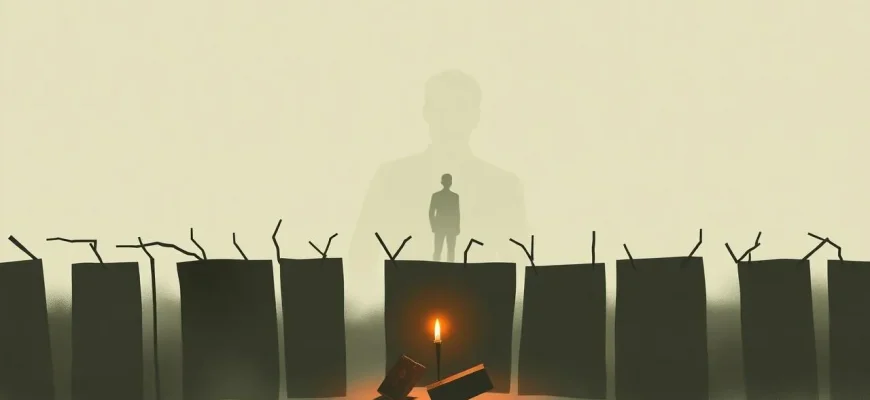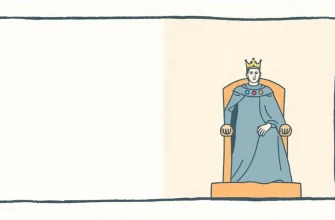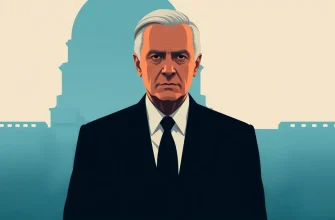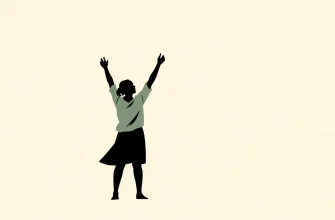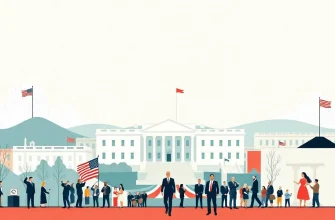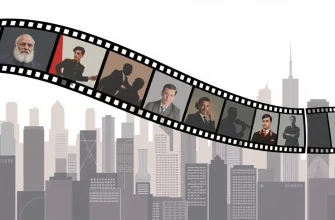Delving into the dark corners of history, these biographical films offer a poignant look at the lives of individuals who faced severe repression. From political prisoners to those persecuted for their beliefs, these stories not only educate but also inspire resilience and hope. Here are 10 films that capture the essence of human endurance against oppressive regimes.

The Insider (1999)
Description: This film delves into the story of Jeffrey Wigand, a tobacco executive who becomes a whistleblower, facing corporate repression and threats to expose the industry's lies.
Fact: Al Pacino and Russell Crowe were both nominated for Academy Awards for their roles in this film.
 Watch Now
Watch Now 
The Pianist (2002)
Description: Based on the memoirs of Władysław Szpilman, this film portrays his struggle for survival in the Warsaw Ghetto during World War II, highlighting the repressive conditions under Nazi occupation.
Fact: Adrien Brody won an Oscar for Best Actor for his role, becoming the youngest actor to win in that category at the time.
 Watch Now
Watch Now 
The Motorcycle Diaries (2004)
Description: This film follows a young Che Guevara as he travels across South America, witnessing the poverty and repression that would later fuel his revolutionary spirit.
Fact: The film was shot in the actual locations where Che Guevara traveled, providing an authentic backdrop to the story.
 Watch Now
Watch Now 
The Diving Bell and the Butterfly (2007)
Description: This film tells the story of Jean-Dominique Bauby, the editor of Elle magazine, who suffers a massive stroke and is left with locked-in syndrome. It's a testament to the human spirit's ability to overcome severe physical repression.
Fact: The film was nominated for four Academy Awards, including Best Director and Best Adapted Screenplay.
 Watch Now
Watch Now 
The Lives of Others (2006)
Description: This German film explores the life of a Stasi officer who becomes increasingly disillusioned with the regime he serves, as he monitors a playwright and his actress lover. It's a deep dive into the surveillance state of East Germany.
Fact: The film won the Academy Award for Best Foreign Language Film in
 Watch Now
Watch Now 
Sophie Scholl: The Final Days (2005)
Description: This German film recounts the last days of Sophie Scholl, a member of the White Rose resistance group, who was executed for distributing anti-Nazi leaflets.
Fact: The film was based on the transcripts of her interrogations, providing a chillingly accurate portrayal of her final days.
 Watch Now
Watch Now 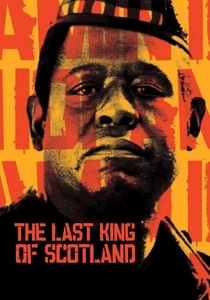
The Last King of Scotland (2006)
Description: Focuses on the brutal regime of Ugandan dictator Idi Amin, seen through the eyes of a young Scottish doctor who becomes his personal physician, revealing the extent of Amin's repression and madness.
Fact: Forest Whitaker won an Academy Award for Best Actor for his portrayal of Idi Amin.
 Watch Now
Watch Now 
The King's Speech (2010)
Description: While not directly about political repression, it explores the personal repression of King George VI, who must overcome his stammer to lead his country through the dark times of WWII.
Fact: The film won four Academy Awards, including Best Picture and Best Actor for Colin Firth.
 Watch Now
Watch Now 
The Railway Man (2013)
Description: Based on the true story of Eric Lomax, a former British Army officer who was tortured by the Japanese during WWII, and his journey to confront his past and the man who tortured him.
Fact: The film was shot in locations in Scotland, Thailand, and Australia, reflecting the global nature of Lomax's story.
 Watch Now
Watch Now 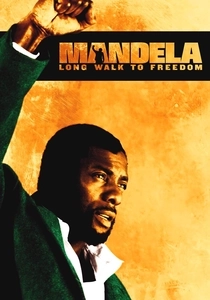
Mandela: Long Walk to Freedom (2013)
Description: Chronicles the life of Nelson Mandela, focusing on his fight against apartheid and his imprisonment, showcasing the repressive regime he opposed.
Fact: Idris Elba, who played Mandela, was nominated for a Golden Globe for his performance.
 Watch Now
Watch Now 
